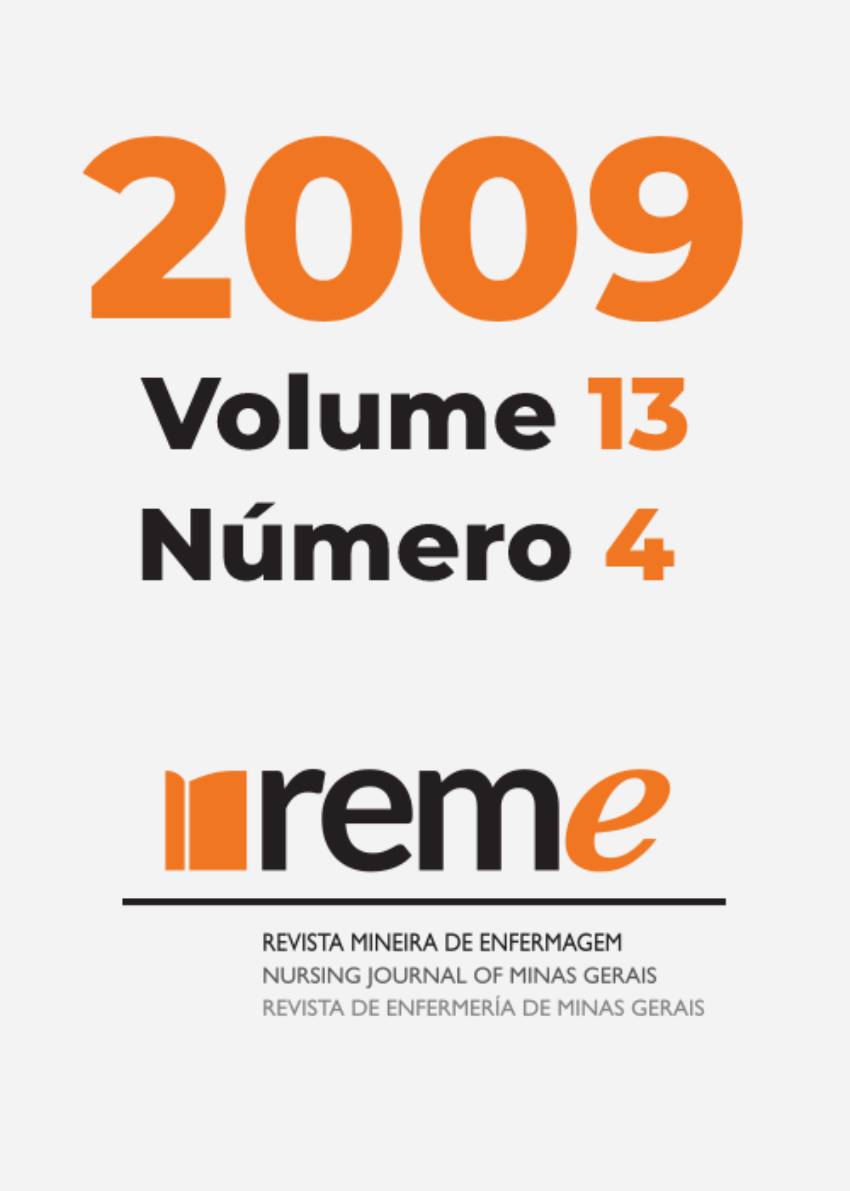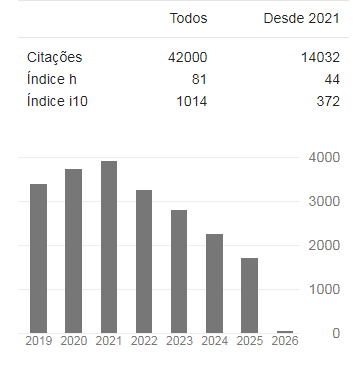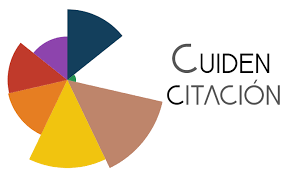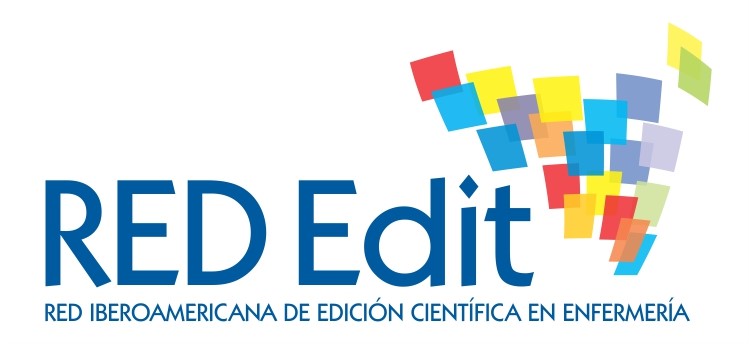Significados e sentimentos de ser idoso:
as representações sociais de idosos residentes em Itajubá, sul de Minas Gerais
DOI:
https://doi.org/10.5935/2316-9389.2009.v13.50513Palavras-chave:
Identidade de Gênero, Idoso, EmoçõesResumo
Os objetivos com este estudo foram identificar os significados que o homem idoso atribui a essa fase da sua vida e conhecer os sentimentos, dificuldades e facilidades com que ele entra na velhice. A pesquisa foi de abordagem qualitativa, do tipo exploratório e transversal. Os sujeitos foram homens idosos com 60 anos ou mais, residentes na cidade de Itajubá-MG. A amostra foi constituída por 20 participantes. O método de análise foi o discurso do sujeito coletivo, baseado na teoria das representações sociais. Do tema "Ser homem e idoso" emergiram as seguintes ideias centrais: coisa boa; consequência da vida; não sei; tudo bem; não é bom, é difícil; sorte; o tempo passou; sequência da vida; dádiva de deus; vida com saúde. Os sentimentos de ser idoso foram evidenciados nas seguintes ideias: "Bem"; "Muito bem"; "Muito satisfeito"; "Jovem"; "Cansaço"; "Diversos sentimentos"; "Felicidade"; "Solidão"; "Estado terminal" e "Mais ou menos". Do tema "Facilidades encontradas nessa fase da vida", identificaram-se as seguintes expressões: "Aposentadoria"; "Nada é difícil"; "Privilégios"; "Não muda nada"; "Cultura"; "Memória"; "Ter saúde"; "Procurar o caminho de Deus"; "Não sei". Finalmente, da última proposição representada pelas dificuldades vivenciadas originaram os seguintes elementos: "Nada é difícil"; "Atividade física e mental"; "Problemas de saúde"; "Desrespeito da juventude"; "Dificuldade financeira"; "Perda das oportunidades"; "Ver o mundo como está"; "Relacionamento com a família"; "Segurança"; "Solidão"; "Emprego". Os significados, sentimentos, facilidades e dificuldades encontrados nessa fase da vida são muito diversificados.Downloads
Os dados de download ainda não estão disponíveis.
Downloads
Publicado
01-12-2009
Edição
Seção
Pesquisa
Licença
Copyright (c) 2009 Reme: Revista Mineira de Enfermagem

Este trabalho está licenciado sob uma licença Creative Commons Attribution 4.0 International License.
Como Citar
1.
Significados e sentimentos de ser idoso:: as representações sociais de idosos residentes em Itajubá, sul de Minas Gerais. REME Rev Min Enferm. [Internet]. 1º de dezembro de 2009 [citado 20º de fevereiro de 2026];13(4). Disponível em: https://periodicos.ufmg.br/index.php/reme/article/view/50513





































